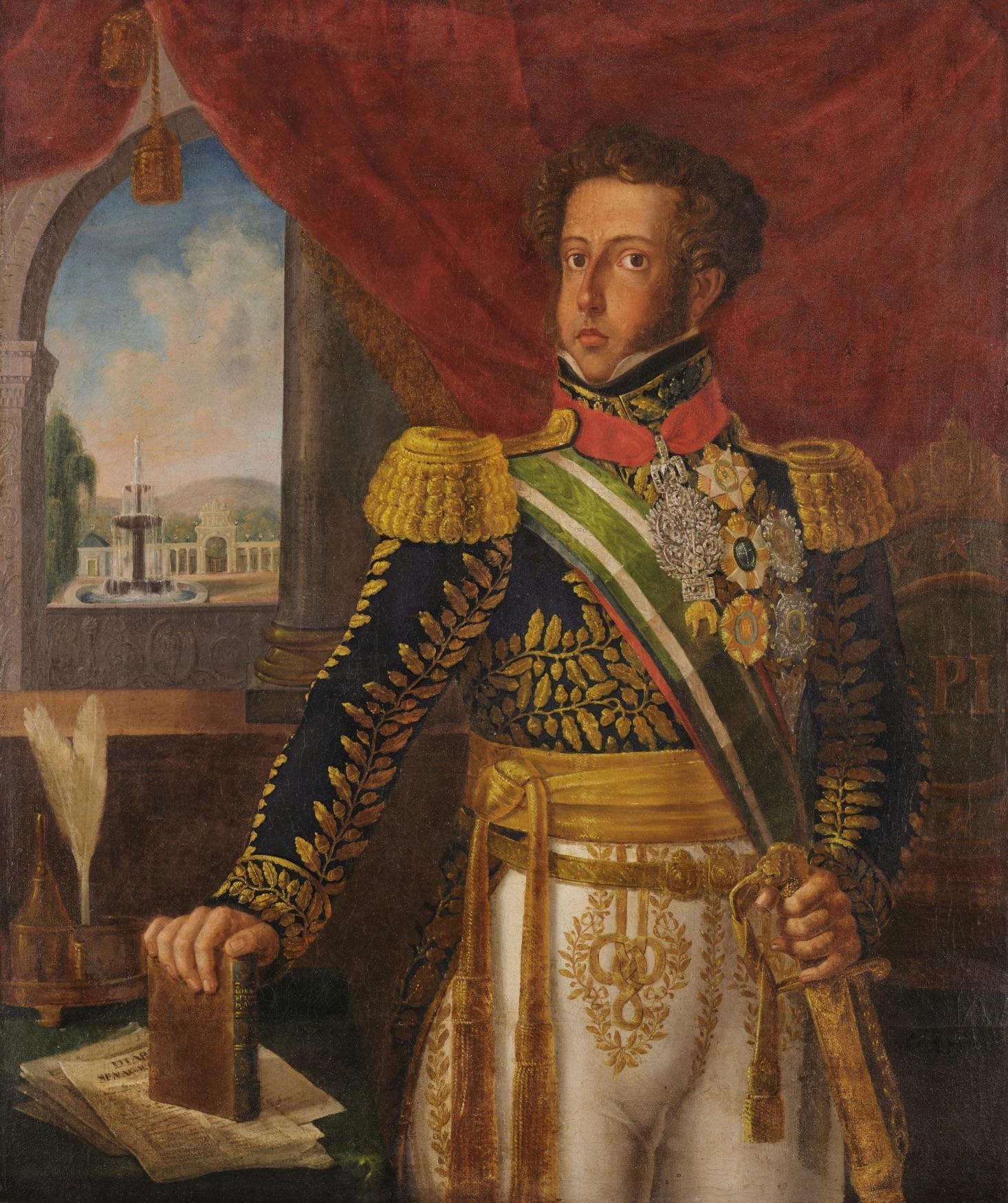|
Cabanada
The Cabanada or War of Cabanos was a rebellion that occurred in the Empire of Brazil between 1832 and 1835. it started shortly after the abdication of Dom Pedro I, during the regency period. Background The new regime was facing financial difficulties, with foreign trade almost stagnant, cotton and cane sugar prices declining, and the privilege customs to England, in force since 1810, continuing. This financial instability led to riots that erupted throughout the Empire of Brazil in that period. The Cabanada movement was active in Pernambuco, Alagoas, and Pará, but insurrections arose in different places and different times. The first one deals with the revolt in Pernambuco and Alagoas and the second in the Pará region. Pernambuco and Alagoas In Pernambuco, where the rebellion was known as "The War of Cabanada," the conservative Cabanadas demanded the return of the Portuguese monarch to the throne of Brazil. Rioting occurred in Zona da Mata and Agreste. Its leader w ... [...More Info...] [...Related Items...] OR: [Wikipedia] [Google] [Baidu] |
April Revolt (Pernambuco)
The April Revolt, or Abrilada in Brazil's history was an episode in 1832 in the then province of Pernambuco, which fits into the Regency Period, in the context of Cabanagem. After the abdication of D. Pedro I of Brazil (Pedro IV of Portugal) and his return to Europe where he played a decisive role in the Portuguese Civil War (1828–1834), the movement in Pernambuco, a conservative and absolutist, aimed at the renewal of D. Pedro I to the throne. History The movement emerged among the major Portuguese merchants of Recife, who controlled the trade of the city and province, and since the country's independence, were much harassed by the population. Gathered around the Masonic Lodge "Column of the Throne and Altar." On April 14, 1832, promoted the rise of a military battalion in Recife, under the leadership of Lt. Col. José Francisco Martins and Major José Gabriel de Morais Meyer. On the 15th, clashes started in the streets that continued for nearly a week. After thre ... [...More Info...] [...Related Items...] OR: [Wikipedia] [Google] [Baidu] |
Regency Period (Empire Of Brazil)
Regency period is how the decade from 1831 to 1840 became known in the history of the Empire of Brazil, between the abdication of Emperor Pedro I on 7 April 1831 and the ''Golpe da Maioridade'', when his son Pedro II was legally declared of age by the Senate at the age of 14 on 23 July 1840. Born on 2 December 1825, Pedro II was, at the time of his father's abdication, 5 years and 4 months old, and therefore could not assume the government which, by law, would be headed by a regency made up of three representatives. During this decade there were four regencies: the Provisional Triumviral, the Permanent Triumviral, the ''una'' (sole) of Diogo Antônio Feijó and the ''una'' of Pedro de Araújo Lima. It was one of the most defining and eventful periods in Brazilian history; in this period the territorial unity of the country was established and the Armed Forces were structured, in addition, it was the period when the degree of autonomy of the provinces and the centralization of ... [...More Info...] [...Related Items...] OR: [Wikipedia] [Google] [Baidu] |
Pernambuco
Pernambuco () is a state of Brazil, located in the Northeast region of the country. With an estimated population of 9.6 million people as of 2020, making it seventh-most populous state of Brazil and with around 98,148 km², being the 19th-largest in area among federative units of the country, it is the sixth-most densely populated with around 89 people per km². Its capital and largest city, Recife, is one of the most important economic and urban hubs in the country. Based on 2019 estimates, the Recife Metropolitan Region is seventh-most populous in the country, and the second-largest in northeastern Brazil. In 2015, the state had 4.6% of the national population and produced 2.8% of the national gross domestic product (GDP). The contemporary state inherits its name from the Captaincy of Pernambuco, established in 1534. The region was originally inhabited by Tupi-Guarani-speaking peoples. European colonization began in the 16th century, under mostly Portuguese rule in ... [...More Info...] [...Related Items...] OR: [Wikipedia] [Google] [Baidu] |
Conspiracy Of Suassuna
The Conspiracy of Suaçunas also known for its archaic spelling - The Conspiracy of Suassuna - was a conspiracy to overthrow Portuguese rule in Brazil at the dawn of the 19th century. The conspiracy was centered in Olinda. In 1796, influenced by the ideas of the Enlightenment and the French Revolution, several leaders, including Manuel Alvarez House - a member of the Literary Society of Rio de Janeiro, and Manuel Arruda da Câmara - founded the Areopagus Masonic Lodge. The Enlightenment and the French Revolution were also discussed by priests and students of the Seminary of Olinda, founded by Bishop José Joaquim da Cunha Azeredo Coutinho on February 16, 1800. This institution had, among its members, Father Miguel Joaquim de Almeida Castro, involved in a future revolution in Pernambuco, 1817. The philosophical and political discussions at the Areopagus Lodge evolved into a conspiracy against Portuguese rule in Brazil, with the goal of the emancipation of Pernambuco, b ... [...More Info...] [...Related Items...] OR: [Wikipedia] [Google] [Baidu] |


